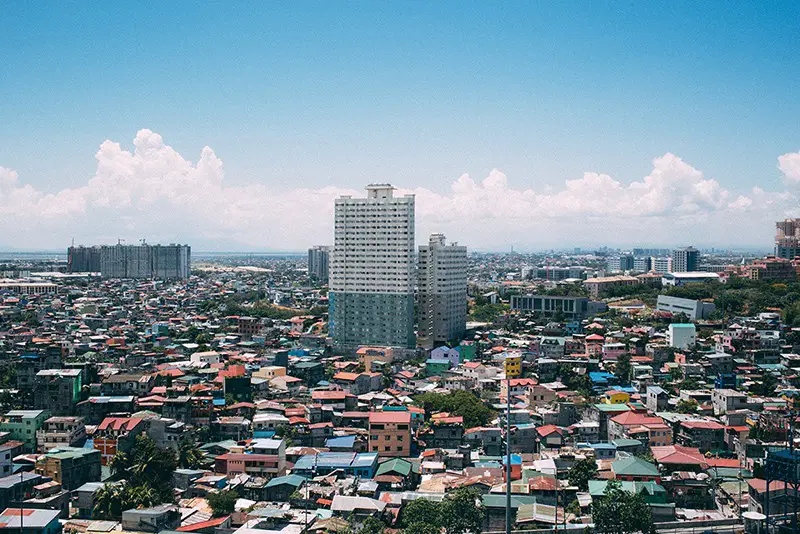Click here to get this post in PDF

Big urban areas such as Metro Manila and Metro Cebu by some estimates account for almost half of the Philippine’s economic output. In simpler terms, this means more money and more job openings are located within these areas.
Unfortunately, for all their glitz and glamour, there are some very serious trade-offs to living in larger, more densely populated urban centers. Salaries may tend to be higher, but the cost of living can often outstrip any salary increases. There may be more varieties of food, but basic items like fresh fruits, fish, and vegetables are often expensive beyond the reach of ordinary consumers.
Traffic is also a very serious problem in larger cities, particularly in Metro Manila and Metro Cebu, where conditions have started to affect the health of the residents and the vitality of the country’s economy as a whole.
But thanks to faster internet connections, more infrastructure spending in the provinces, and the emergence of many new types of jobs, there is now far less of a need to find work in bigger cities. Other economic and social trends have also made finding work in your own hometown more attractive than ever before.
Here are a few reasons you won’t have to move to the big cities to find work.
More jobs are being generated in smaller cities and towns
Even a quick check of any Philippine job search website, like mynimo.com will show that localized job listings are increasing throughout the country, not just in areas where job growth was traditionally concentrated such as Manila, Cebu, Iloilo, Bacolod, Baguio, and Davao.
The overall population growth of the country has pushed the creation of these jobs and there are now demands for services that simply did not exist a generation ago, which is great news for people who want to stay in their home town.
The salary gap is decreasing
As a general rule, provincial rates are still much lower compared to the rates available in Metro Manila. On the other hand, the emergence of online-only and telecommuting jobs has increased the median salaries all over the county, and it’s possible to live in a small town with a job that gives you a salary at Manila or even international standards.
Even local brick-and-mortar businesses have to compete with these higher salaries, notably BPO’s with facilities in the provinces. In recent years they’ve had to hike their salary offers simply because they had a tough time competing with businesses that operated mostly online.
The cost of living remains lower outside big cities
Salaries are one thing. What you have to really look out for is how much is left after paying all your bills and utilities. Even folks with relatively high salaries in Manila live paycheck to paycheck because of their living expenses, and possibly their children’s education and healthcare. All of which are more expensive in larger cities.
You stay close to your roots
For most Filipinos, there are fewer things more important than family. Finding a job in your hometown gives you close proximity to your family, a benefit that cannot easily be expressed in terms of pesos or dollars. Keeping the family unit together is a major concern for many Filipinos, and by finding a job where you already live, you can do just that.
Be sure to check Mynimo.com for Philippines jobs, openings, and more!
You may also like: Hiring the Right People: 9 Tips to Build the Perfect Team
